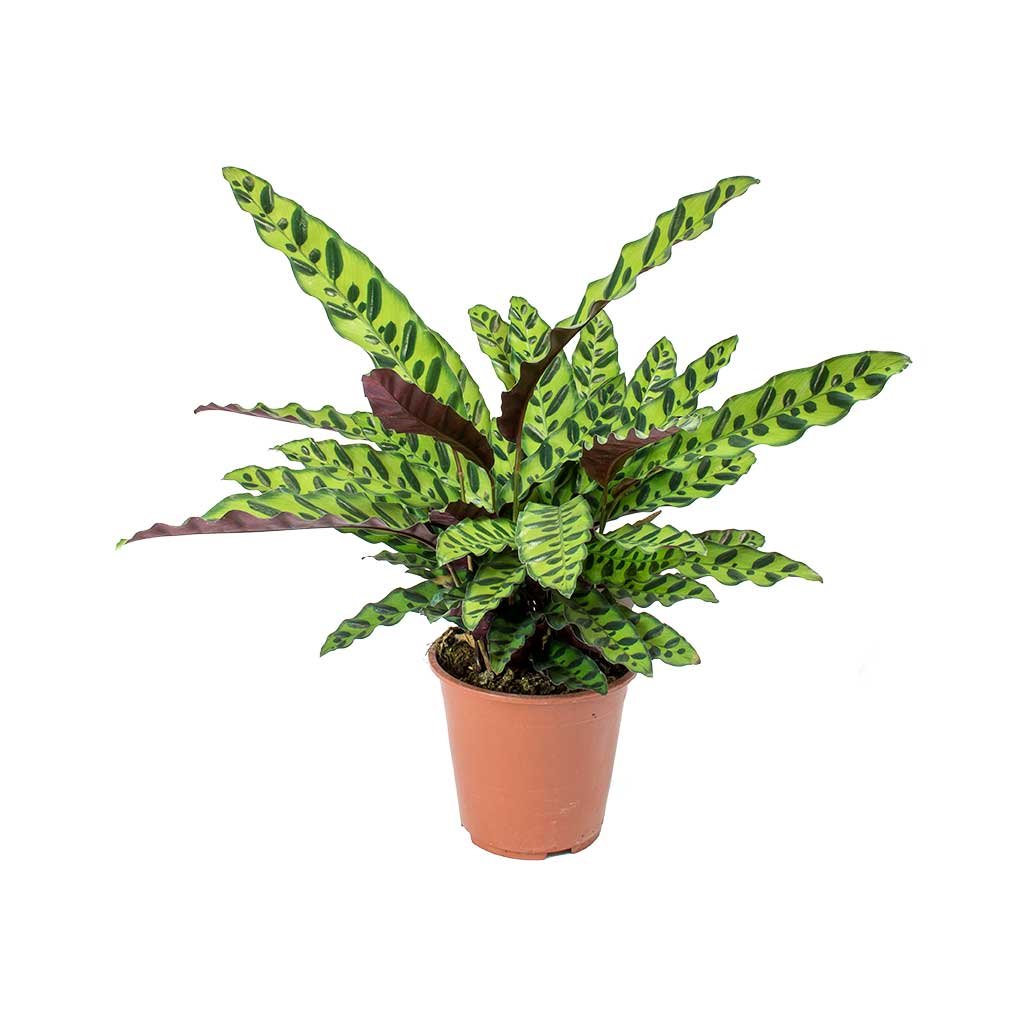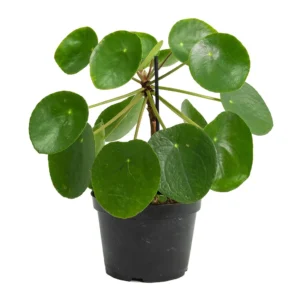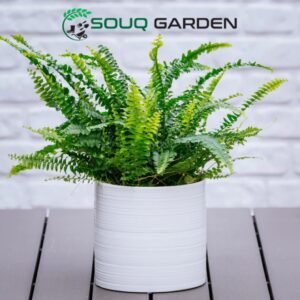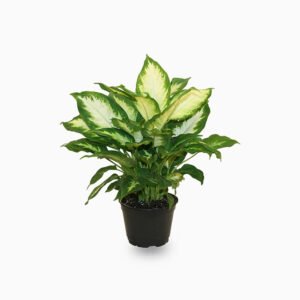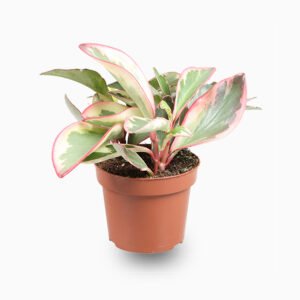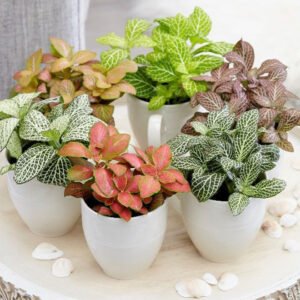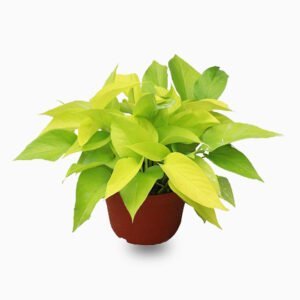Calathea lancifolia or Rattlesnake Plant
65.0 AED – 99.0 AED
Botanical name:- Calathea zebrina
| Scientific name | Calathea lancifolia |
| Name | Calathea lancifolia |
| Watering | Once per week and keep moist |
| Pests | Spider mites, mealybugs, scale and thrips |
| Pet friendliness | Toxic to pets and humans |
| Light | Bright, indirect light |
| Temperature | 18-24 °C |
| Humidity | 50-60% mist if needed |
| Pot requirement | Good drainage and repot every 1-2 years |
| Plant height | Up to 90 cm |
| Potting mix | Potting soil / Red soil / Manure / Perlite |
| Nutrition | Apply manure once in fortnight and NPK in next fortnight |
| Pruning & training | Remove dead and diseased leaves with sterile shears |
| Common color & season | N/A |
| Description | This member of the Marantaceae family is called Rattlesnake Plant for its striking patterns. Long and narrow, the leaves have ruffled edges that are unique to this Calathea species. They are bright green with alternating dark-green markings down each leaf. The underside of the leaves are purple. Of course, they also fold up at night just like prayer plants.
Repot in spring, every year or two to give your plant more room and also to give it fresh potting medium. Use a pot only 2 inches larger than the old one. Why? A pot that’s too large will hold too much water and may lead to root rot. When repotting, keep the base of the plant at the same soil level as it was in the old pot. Potting it too deep may cause stem rot. Keep it clean. Large leaves tend to be dust-catchers. Wipe them off occasionally so they’ll get the sunlight they need for photosynthesis. Hold your hand under each leaf to support it, while wiping off dust with a soft, moist towel. Brown leaf tips may be caused by excess salts in the soil (see “Flush salts” below) or dry air. Humidity can drop drastically in winter without your even noticing it. However, your tropical plants will notice. |


